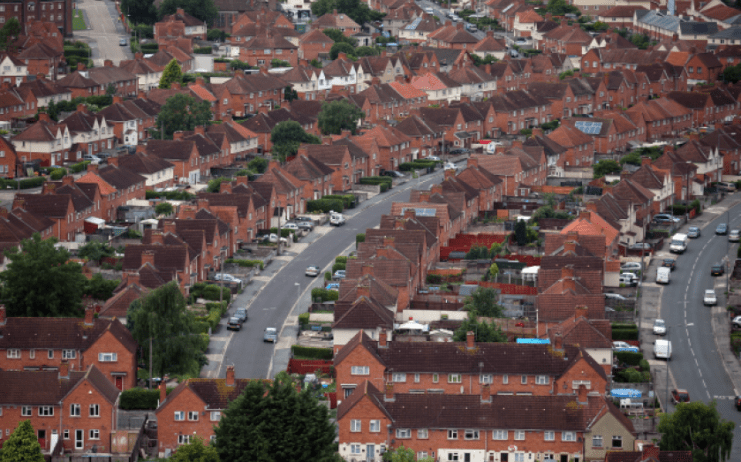Street votes will worsen our already archaic planning system instead of cutting red tape

A central pillar of the government’s Levelling Up and Regeneration Bill, which had its second reading yesterday, is Michael Gove’s plan to provide neighbours with the agency to prevent planning applications. This may, on the surface, seem like a good idea, and it will probably win his party some votes – but it is a catastrophe waiting to happen. This policy, together with Gove’s u-turn on planning reform overall, poses a critical threat to the UK’s house building targets and the future of home ownership.
The Prime Minister’s blistering speech back in Dudley in 2020, where he promised to “rip up” the planning system and “get Britain building”, seems like a distant memory. It is now clear that this was yet another soundbite designed to increase popularity rather than actually make any sort of positive impact.
Trying to navigate planning departments is difficult and all-consuming. Despite continually missing their own building targets, they do everything they can to thwart new developments. Our current planning system is archaic, underfunded, and undermines honest efforts to build much needed homes in the UK through endless red tape, delays, and unnecessary costs.
While it’s understandable that homeowners don’t want construction in their backyards, there must be recognition of the wider community need for good quality homes, and an appreciation that it is impossible to appease everyone when looking to build new properties. Decisions on future homes can’t be made solely on the basis of appearance. Beauty is in the eye of the beholder – one person’s ‘eyesore’ is another’s architectural wonder. The cold truth is that people don’t like change, but change is essential if we are to deliver new homes.
Regardless of your view on policy, the shortage of homes is forcing up prices and making owning your own home less viable. The government seems to have reneged on its position of taking a longer-term view. This inconsistency and back tracking is crippling the sector, which desperately needs a clear roadmap so those trying to build can effectively plan and invest.
This is especially true for small and medium size developers who don’t have the deep pockets to withstand delays. Statistics show that since the early 1990s they have gone from being responsible for 40 per cent of supply to less than 12 per cent. Indeed, a recent meeting of small and medium size developers saw more than half in attendance explicitly warning that they will exit the market due to the government’s planning policy shift. Put simply, this shift counters the Conservative principle of supporting business and enterprise.
Rather than undue concern about what neighbours think, the UK’s housing policy should be focused on how to provide as many high-quality homes as possible. This is essential to ensuring people across the UK can achieve home ownership.
The government is making short term decisions in light of the next election, rather than long term ones that support the future economic health of the UK. Until it provides the support needed by housebuilders, demand will only continue to outstrip supply, escalating the housing crisis.
If our leaders are serious about solving the housing crisis, then they must be prepared to make unpopular decisions. Unfortunately for Gove and Johnson, you can’t fix a broken housing market with broken promises.